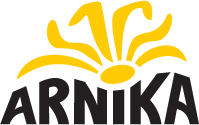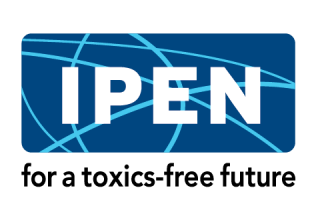 Cameroon is a country in Central Africa situated by the Gulf of Guinea in the Atlantic. Cameroon's area is similar to Sweden (only slightly larger), but with 25 million inhabitants, this country is much more populated. Most citizens speak French as the official language, a smaller number speaks English. Environmental problems in Cameroon are similar to its African neighbours: large amounts of waste are imported from abroad and they end up at wild dumpsites. Moreover, local industries don't use any advanced technology for cleaning of combustion products. Handcrafted gold mining takes place in primitive conditions using often illegally imported mercury.
Cameroon is a country in Central Africa situated by the Gulf of Guinea in the Atlantic. Cameroon's area is similar to Sweden (only slightly larger), but with 25 million inhabitants, this country is much more populated. Most citizens speak French as the official language, a smaller number speaks English. Environmental problems in Cameroon are similar to its African neighbours: large amounts of waste are imported from abroad and they end up at wild dumpsites. Moreover, local industries don't use any advanced technology for cleaning of combustion products. Handcrafted gold mining takes place in primitive conditions using often illegally imported mercury.
The country's largest city, Douala, is slightly larger than Prague. It is situated in the delta of the Wouri river under the Cameroon volcano (which is over 4,000 metres high). Douala was the first place where Arnika helped the Cameroon NGO CREPD to map the mercury environmental pollution, specifically the contamination of fish. The country's capital Yaoundé is less populated than Douala and situated inland. There, we mapped how toxic chemicals are burdening the surroundings of dumpsites and waste incinerators. Our activities are greatly supported by the global IPEN network.









 Cameroon is a country in Central Africa situated by the Gulf of Guinea in the Atlantic. Cameroon's area is similar to Sweden (only slightly larger), but with 25 million inhabitants, this country is much more populated. Most citizens speak French as the official language, a smaller number speaks English. Environmental problems in Cameroon are similar to its African neighbours: large amounts of waste are imported from abroad and they end up at wild dumpsites. Moreover, local industries don't use any advanced technology for cleaning of combustion products. Handcrafted gold mining takes place in primitive conditions using often illegally imported mercury.
Cameroon is a country in Central Africa situated by the Gulf of Guinea in the Atlantic. Cameroon's area is similar to Sweden (only slightly larger), but with 25 million inhabitants, this country is much more populated. Most citizens speak French as the official language, a smaller number speaks English. Environmental problems in Cameroon are similar to its African neighbours: large amounts of waste are imported from abroad and they end up at wild dumpsites. Moreover, local industries don't use any advanced technology for cleaning of combustion products. Handcrafted gold mining takes place in primitive conditions using often illegally imported mercury. 


